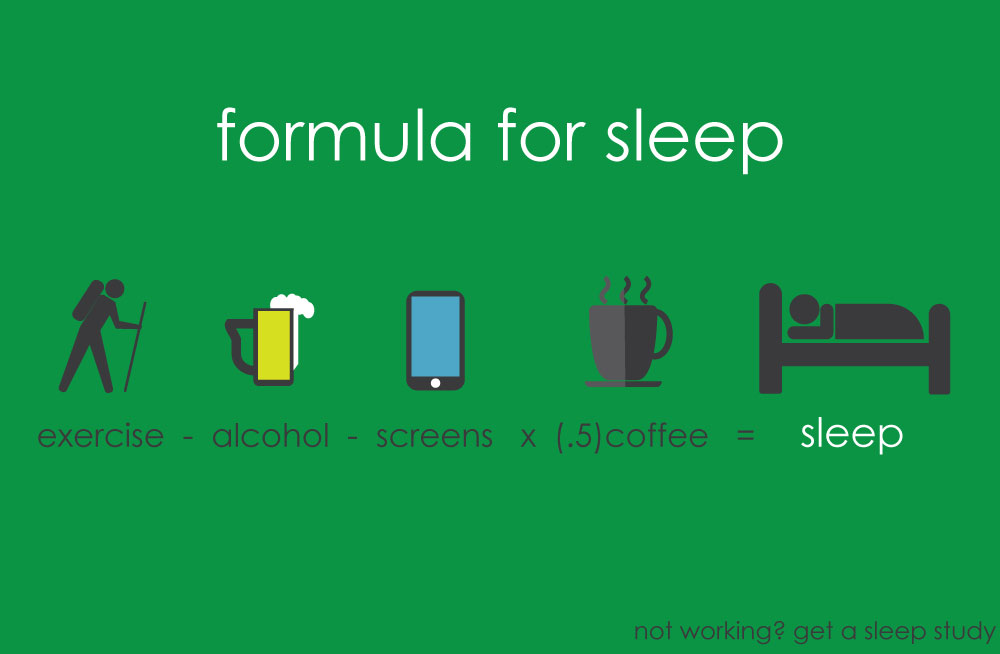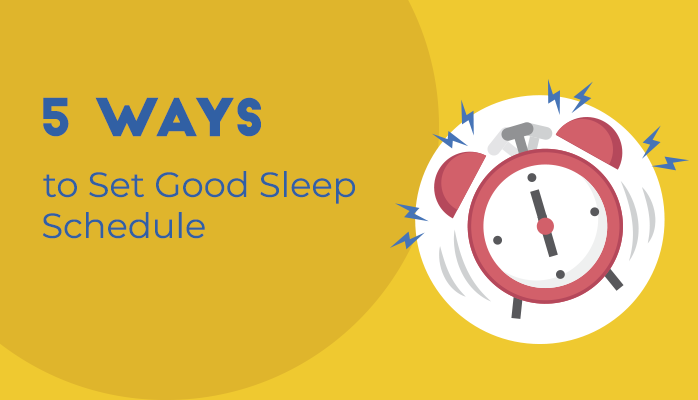Summers and winters in Alaska can both make sleep challenging. The extreme lighting conditions don’t provide the transition from light to dark and dark to light in the morning/evening that prompts us to get tired and wake up. Because of this, setting a good sleep routine can be extremely hard.
If you're unsure about how you are being impacted by the lighting conditions, here are some signs that your sleep schedule, or lack thereof, isn’t working:
- You never feel completely rested
- You perform less in many important areas of life (work, relationships, etc.)
- You chronically feel fatigued
- You are unable to stay awake throughout the day
- You feel a sudden onset of extreme fatigue throughout the day
- Your memory begins to fade
- You lack focus or concentration
- You feel a chronic brain fog
- Every morning starts with a headache
- You experience uncontrollable anxiety and depression
- Overall, your mood is very labile
If these symptoms begin or worsen during Alaskan winters and summers then they may be related to a sleep disorder, such as insomnia and circadian rhythm disorders. Regardless of these extremes, it's still vital to get good rest. Continue reading to learn more about how to function, despite these challenges.
1. Establish a pre-bedtime routine every night
Pre-bedtime routines are another way to trick your body into producing melatonin. Essentially, you are conditioning your body for sleep by doing the same thing every night before bed. These same things can include:
- Do same thing before bed every night – read a book, listen to a podcast, etc.
- Cut out blue light (TV, computers, smart phones) before bed
- Using the same incense or essential oil before bed
- Do a specific calming activity, such as meditation, washing, etc.
If you struggle to create your own routine, try searching routines used for children, and adapt them to your own life.
2. Be aware of what you eat and drink

Coffee and alcohol are enemies of sleep. So you shouldn’t be surprised to see these:
- No alcohol right before bed
- Limit total caffeine intake
- Limit caffeine intake after noon
- Limit liquids directly before bed
- Eat a healthy diet (it’s not clear if this actually helps sleep, but it certainly doesn’t hurt!)
Alcohol suppresses REM sleep. Too much coffee or coffee to late in the day keeps many people up. Too much liquid directly before bed may wake you up in the middle of the night.
3. Take a Hot Bath Before Bed
Our body naturally prepares for sleep not just in response to light, but also in response to changes in temperature.
When there is a temperature drop, it clues our biological clock that night is coming and that we should start releasing melatonin. Due to central heating a air, these changes do not happen naturally, meaning your body cannot necessarily depend on this cue.
You can simulate this change, however, by taking a bath before bed. When you get out of a hot bath, your core body temperature drops, just like it would if you were sleeping outside, cueing your body that it's time for bed.
4. Exercise
There’s no doubt, the correlation between sleep and exercise is undeniable. Many jobs involve sitting for a majority of the day. On top of that, other responsibilities, like family, friends and household, can make getting regular exercise very challenging. Regardless, exercise is important for not only sleep, but overall health as well. Here are some tips for fitting exercise into your busy schedules:
- Have small exercise routines you can do throughout the day ever couple of hours (pushups, situps, etc.)
- Take a long walk/run during lunch
- Commit to working out before work
Workouts don’t have to be long and exercising too late at night can be counter productive for sleep.
5. Set Up Good Sleep Environment
Setting up a good sleep environment is critical to your sleep schedule. It’s quite simple, you need:
- A comfortable bed: new mattress or affordable mattress topper
- A quiet room: earplugs or white noise sounds machines
- A dark room: blackout curtains or a sleep mask
- A clean room
- A comfortable pillow
Summary of Tips for Creating a Sleep Routine
- Have blackout curtains in your room
- Try and use your bedroom for only sleeping as much as possible (don’t work out, do work, etc.)
- Keep your room cooler at night
- Use essential oils, candles, and/or plants to make your room smell comforting/fresh
- Invest in a comfortable pillow for your head and legs
- Invest in a comfortable mattress (they are often on sale and they last a long time, after all)
- Use white noise machines (i.e. a fan) or ear plugs if needed
- Using light therapy during winter
- Maintaining pre-sleep ritual every night, such as reading, meditating, etc.
- Having consistent exercise
- No blue light in the hour before bed
- No alcohol in the hour before bed
- No food in the hour before bed
- Having a bedtime that you commit to as often as possible
- Taking hot baths before bed, as when you get out of the bath, it simulate a core temperature drop (i.e. night time is coming!) that is a cue for sleep
What to Do When These Sleep Practices Don’t Work
Sleep best practices and tricks won’t work for everyone. Some situations require intervention from a sleep specialist. Click the orange button below to take a free online sleep test and talk with one of our sleep health professionals.


